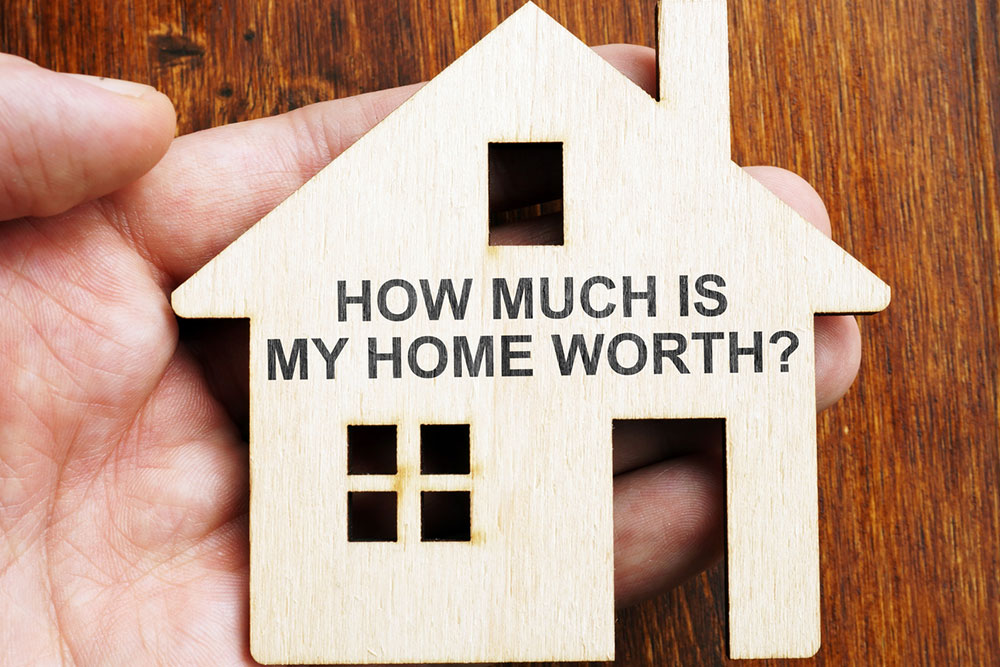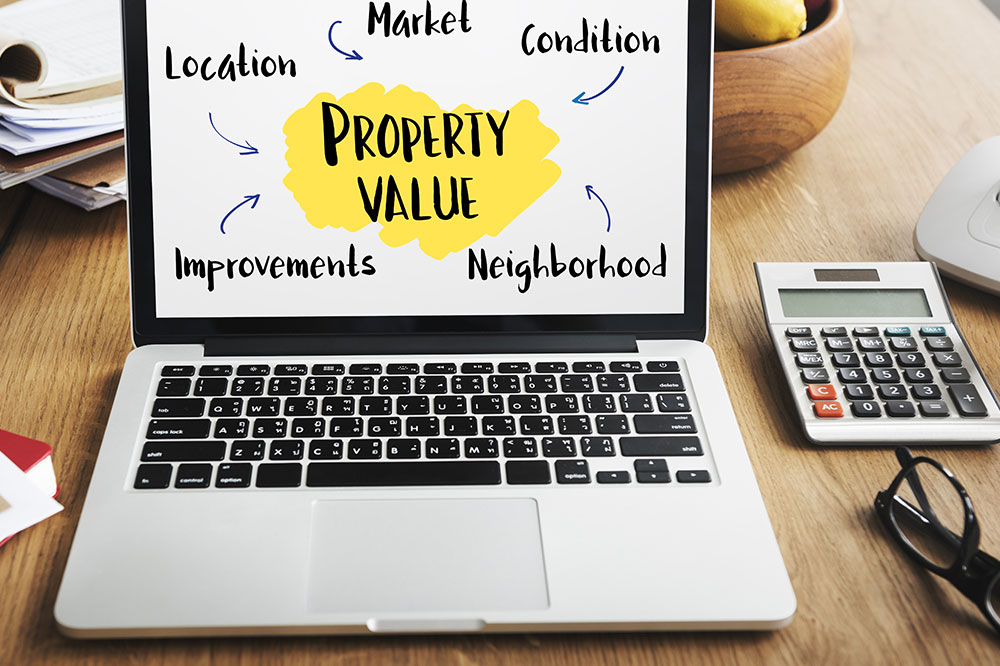Top Techniques to Determine Your Property’s Market Value
Discover effective methods to accurately assess your home's market value. From consulting estate agents and analyzing recent sales to utilizing online tools and professional appraisals, this guide helps homeowners understand various valuation techniques. Combining multiple approaches ensures a reliable estimate, aiding in selling or refinancing decisions. Learn key factors influencing property worth and how to leverage local market data for the most accurate results.

Top Techniques to Determine Your Property’s Market Value
For homeowners planning to sell or refinance, assessing the true worth of their property is essential. An accurate home valuation helps in setting competitive prices and making informed financial decisions. While no single method guarantees pinpoint precision, combining multiple approaches offers a reliable estimate. Factors such as location, house size, condition, age, proximity to amenities, transportation options, school districts, flood risk, crime rates, and ground stability influence a property's market value.
Key Factors Affecting Home Prices
Property location
Floor plan and size
Maintenance status
Property age
Access to local conveniences
Transportation links
School district boundaries
Flood and subsidence risks
Local crime statistics
Understanding these elements helps in estimating worth through various methods.
1. Consult Local Estate Agents
Estate agents possess detailed market insights. Contacting experienced agents allows for professional opinions based on recent sales and unique property features, giving a close estimate of your home's value.
2. Analyze Recent Local Sales
Review recent sales data of similar nearby properties, often called comparables or comps. Focus on homes similar in size, age, and condition sold within the last six months, using estate listing sites, agency reports, or land registry data (for England and Wales) to gather info.
3. Utilize Online Valuation Tools
Many websites offer free tools to quickly estimate property values based on factors like size, location, and market trends. Keep in mind these are estimates and should be supplemented with other methods for accuracy.
4. Hire a Professional Surveyor
Engaging a certified surveyor provides an expert, independent assessment. They inspect the property thoroughly and compile a detailed report, ensuring your asking price aligns with market value. Ensure your surveyor is RICS-certified for trusted results.
5. Combine Multiple Valuation Methods
Using various techniques such as comparative market analysis, income approach (for rental properties), cost approach, and professional appraisals yields a comprehensive value range. This multi-method approach enhances accuracy, especially for typical urban homes.
Comparative Market Analysis (CMA): Comparing your home with recent sales of similar properties.
Income Approach: Estimating value based on rental income potential.
Cost Approach: Adding land value plus depreciation of improvements.
Professional Appraisal: Obtaining an expert opinion from accredited appraisers or surveyors.
Note:
This article provides general guidance on home valuation methods. For precise assessments, consult licensed professionals. Market conditions and property specifics can influence accuracy. Always consider multiple sources and expert opinions to determine the best selling or refinancing price.









